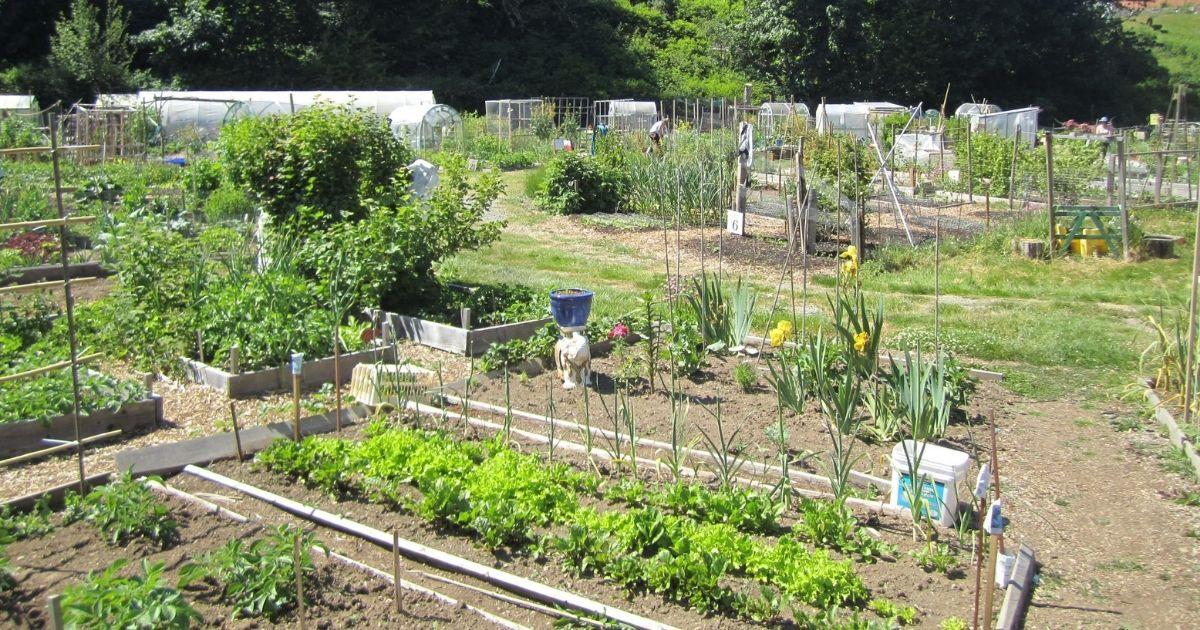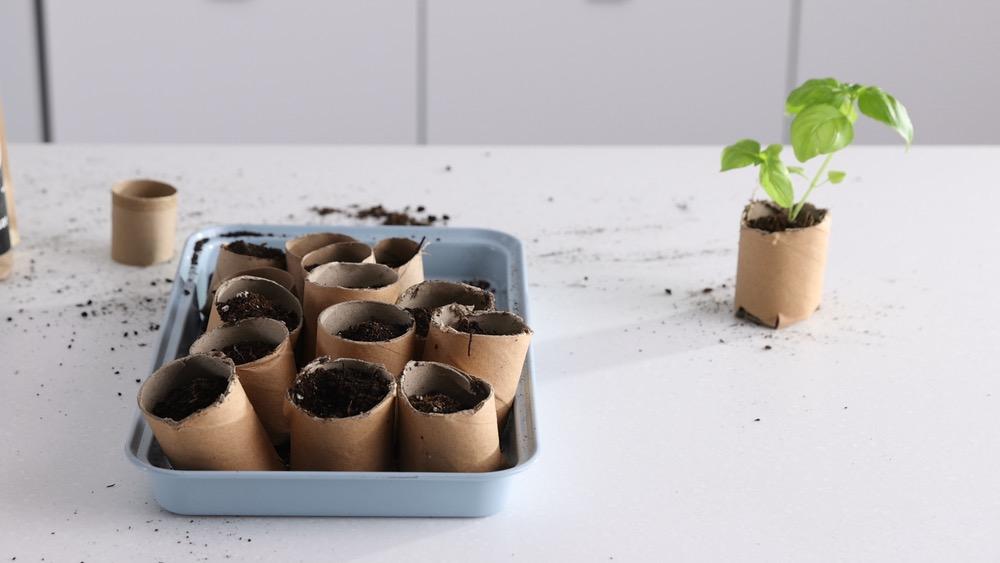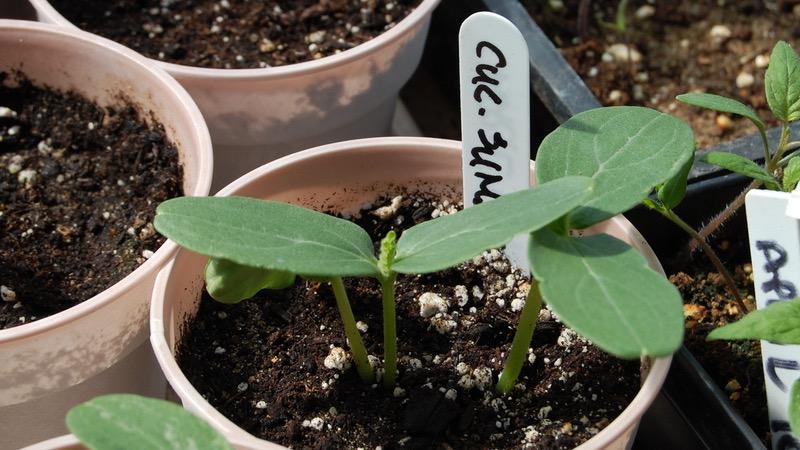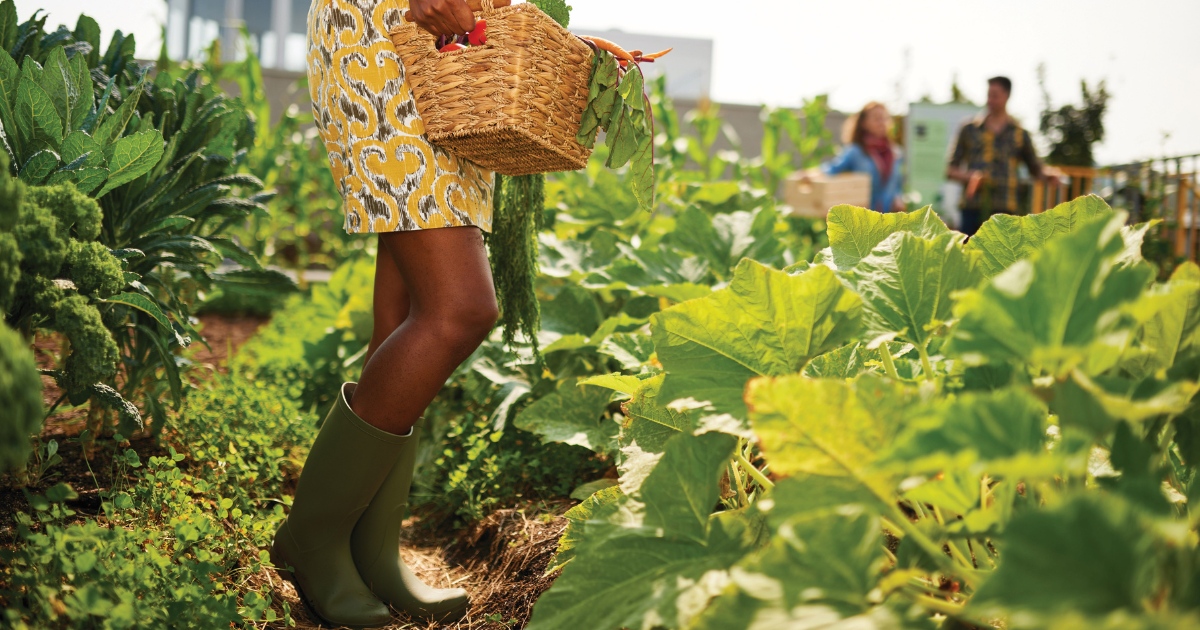Gardening is a deeply personal experience, and one that is made for sharing.
It is true that a gardener develops a relationship with their garden. Knowing where the sun does or does not shine, the different soil types around the yard, and the anticipation of growth, colour and change throughout the seasons—these are some of the joys in solitude that any gardener will be familiar with.
Yet there is a generously social aspect to gardening as well: Garden parties, public gardens, and meals and memories shared over a backyard harvest are some examples of where we come together socially over gardening.
These aspects of gardening are more important now. Studies show that one in five Canadians identify as being lonely. There are various contributing factors: an aging population (which means more people living alone); the national immigration rate (which means newer Canadians with fewer social ties); the declining participation in churches and volunteer organizations; the dependence on technology; and even urban sprawl. Loneliness has consequences—it is linked to mental health decline and shortened lifespans. After loneliness was deemed a public health crisis in the United Kingdom in 2017, the government immediately appointed the U.K.’s first Minister for Loneliness.
The Campaign to End Loneliness, a U.K. non-profit, has a list of recommendations for dealing with the issue. Among its recommendations are sharing your skills and time with others and engaging with your community and neighbourhood. What is striking is how we see both of these actions taking place in community-based gardening activities across the country.
Whether you are feeling the weight of loneliness personally or not, the benefits of connecting through gardening are powerful and there are countless ways to enhance the social benefits of your love of gardening.


Mark at HH Garden
Here are some of our favourites.
Community Gardening
The word community is right in the name, and according to Nature Canada, community gardening is one of the fastest-growing outdoor activities. Often, this is where neighbours who might otherwise be unknown to one another come together to share knowledge, skills and bounty in a manner that builds powerful relationships along the way. Ben’s direct experience with community gardening happened two summers ago, when he and his wife were still living in an apartment, with an itch for gardening. They signed up for a plot at the Ignatius Jesuit Centre on the edge of Guelph, Ontario, where they lived. What struck Ben and his wife, Sam, was the ability to interact with everyone around them, with each plot nestled up against another like a patchwork quilt. Walking through the allotment garden was educational and inspiring, with each gardener’s design and methods on display, and often offered the opportunity to speak with the other gardeners directly. To save on rental fees, “bartering” opportunities existed, such as weed surveying, waterline support and administrative duties. In many cities, community garden spaces are oversubscribed, which leads to another opportunity: joining local movements to push for more space dedicated to growing food.

Plant-Grow-Share a Row
In many ways, we are still feeling the effects of 2020, when the COVID-19 pandemic sent a 15 to 30 percent spike in demand at food banks in the Ottawa region alone. The Grow-A-Row program was started by Ron and Eunice O’Donovan in Winnipeg in 1986, when they decided to donate their surplus harvest of backyard fruit to the Winnipeg Harvest food bank. In the time since, over 1.4 million pounds of produce has been donated to Winnipeg Harvest through the Grow-A-Row program. Today, there are Plant-Grow-Share a Row programs across Canada that you can participate in. Looking for one in your town? Plant-Grow-Share a Row has a list of resources for launching a campaign in your neighbourhood, the ultimate community-building initiative. [Editor’s note: You can find a special Harrowsmith subscription offer at the Plant-Grow-Share a Row website, growarow.org.]

Community Food Centres Canada (CFCC)
These centres are more than just food banks, even though the model originated out of one of Canada’s first food banks, called The Stop, in Toronto’s west end. CFCC and The Stop are now separate entities, but The Stop is where it began with a mission “to increase access to healthy food in a manner that maintains dignity, builds health and community, and challenges inequality.” Today, there are 13 CFCs across Canada, where drop-in meal programs, community kitchens, food-skills courses and community gardens all solve this purpose. What is remarkable about CFCs is that it is impossible to tell who is there in need of food access and who is there as a supportive member of the community—volunteer opportunities and access to food come together in the CFCs to create a place where members of a diverse community can gather over the goodness of food. CFCC provides a place of dignity for those in need of home-grown nutrition.

Horticulture Societies
This is the only item on this list that is not a growing trend, and we scratch our heads and wonder, “Why not?” Between us, we have spoken at many horticulture societies where we reliably connect with the friendliest gardeners from communities across Canada. They are often very affordable to join and are a wealth of education for enthusiastic gardeners, where you can connect and meet with other people who share your passions. If you are yearning to get out after we get the all-clear from our public health authorities, look up a local “hort society” in your area and attend a meeting. You might even make some new friends!

Casual Communities Around Food and Gardening
Sometimes, we have neighbours down the street whom we have never spoken to. Food and gardening present excellent conversation starters, especially when there is an abundance. Ben and Sam have had great success posting their surplus seedlings to local Facebook groups, where trading opportunities with other gardeners and foodies come out of the woodwork. During harvest season, the zucchini and tomatoes come faster than they can be consumed, and a cardboard box with the sign “FREE VEGGIES” by the sidewalk has been a magnet for meeting new people in the neighbourhood who appreciate the gesture. In Guelph, where Ben and Sam live, many streets have Little Free Libraries, where used books are left and exchanged. In the spring, these mini libraries are an excellent repository for excess seed packages that Ben notices never stay there for more than a day.
***

If the last year has felt a bit heavy, given the situation with COVID-19, consider how much stronger we are when we get together over things we love. If you’ve read this far, we would wager that you have a certain love for food or the garden, so we hope you enjoy the connections you can make through this passion.

Mark Cullen is an expert gardener, author, broadcaster and tree advocate
and holds the Order of Canada. His son, Ben, is a fourth-generation
urban gardener and a graduate of the University of Guelph and Dalhousie
University in Halifax. Follow them at markcullen.com, @MarkCullen4
(Twitter) and @markcullengardening (Facebook) and look for their latest book, Escape to Reality.
Follow them at markcullen.com, @MarkCullen4, facebook.com/markcullengardening and biweekly on Global TV’s national morning show, The Morning Show.













